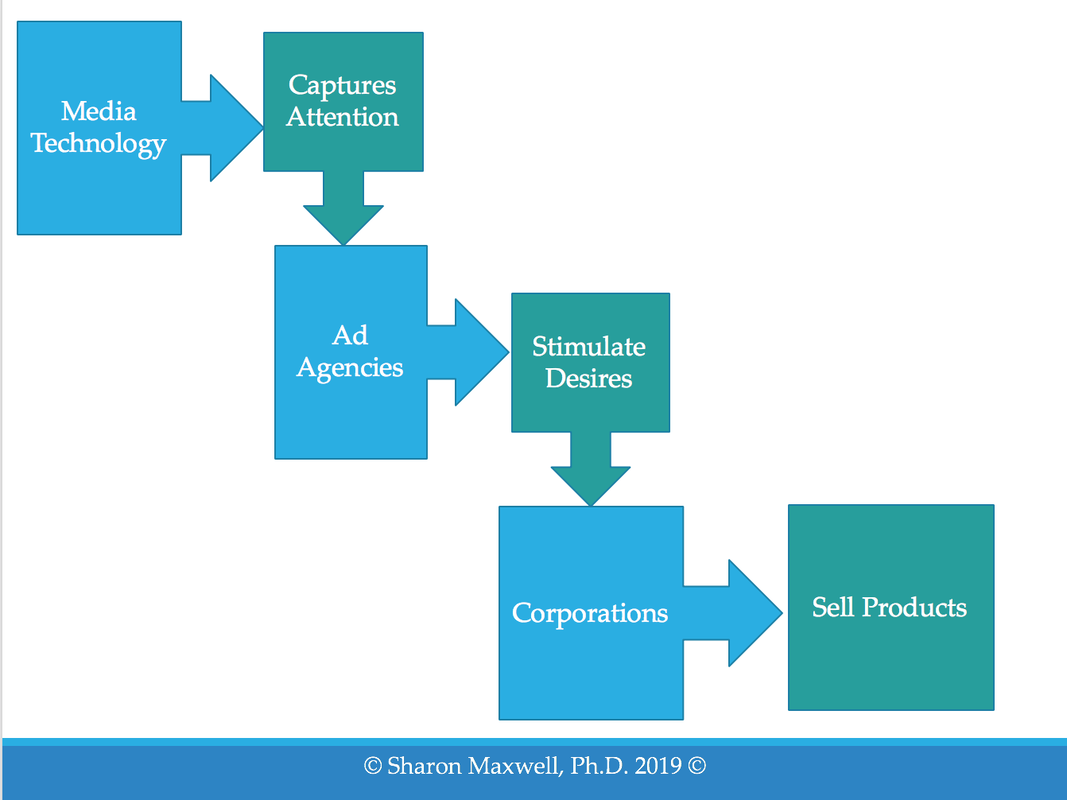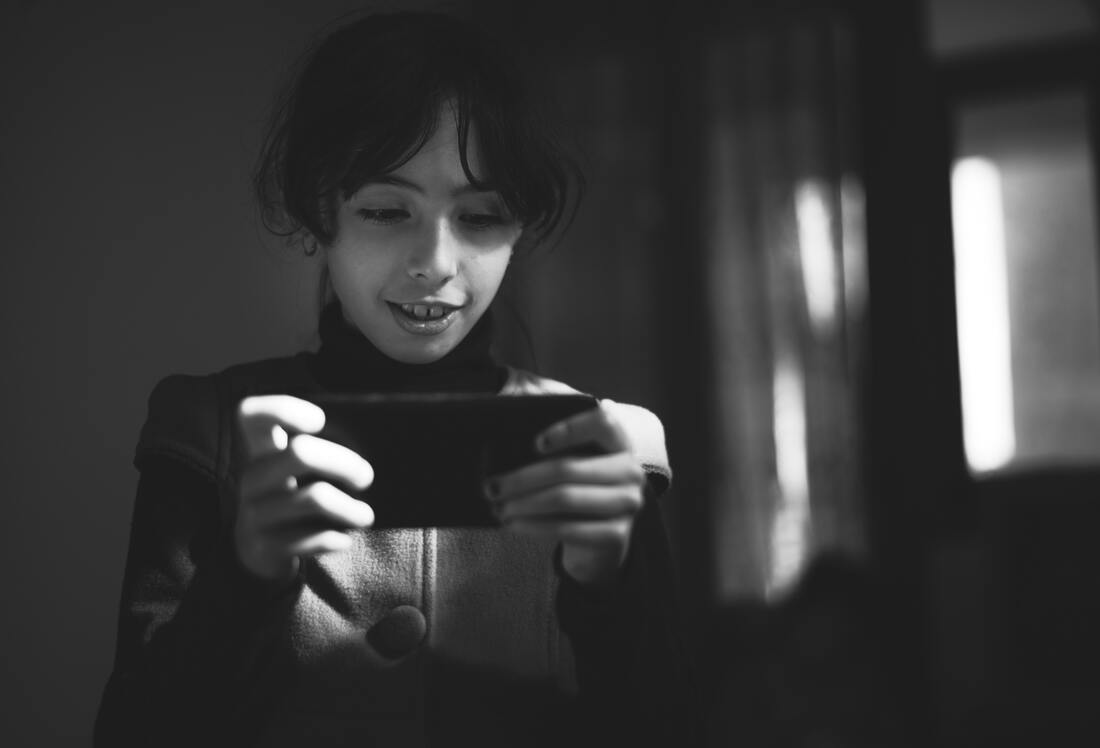Sometimes when I play video games, I look over at my legos and miss playing with my toys. When I play video games, I feel stressed and anxious, but when I'm playing with my toys, I feel calm. I just can't stop playing video games. |
After class, my son ran up to me and exclaimed, 'Mom, you won't believe it! YouTube is manipulating us!' It started a great conversation in our family. |
Parent Presentation
|
The curriculum includes a two-hour parent presentation to support families in integrating the classroom conversations into their daily lives. Using stories and cognitive science, parents learn how the developing brain is an interactive work in progress, constantly engaging with the environment, creating a universe of connections that becomes how we understand ourselves, the world, and our place in the world.
From smartphones to laptops, from texting to Snapchat, media technology delivers to our children a new cyber environment, providing an infinite source of information, entertainment, and opportunities for communication. This environment is having a profound impact on how our children think about themselves and is changing the way our children socialize and communicate. How do we best use this amazing resource to enhance our lives? How do we keep it from shaping our children and undermining the values we want to impart? This presentation shows parents how kids are using and abusing media technology and helps parents set balanced, realistic guidelines that bring the internet into alignment with family schedules and values. |
Student Modules
Session One
|
|
Session Two Communication |
From cave paintings to smartphones, students explore the history of human communication. How does technology impact what we choose to communicate? In the 1700’s, you understood the quality of a relationship by what you communicated in a letter—the content of the letter. Now, we judge the quality of a relationship by how often we communicate—the length of a Snapchat streak. Using real life scenarios, students discuss how media technology shapes our relationships with friends, family, and with one’s own self.
Students are introduced to neuroplasticity, and the power of environment on the developing brain. We invite students to reflect on how different environments affect their state of mind: How do you feel when you are playing Fortnite for hours? How do you feel when you in the blackhole of YouTube? How do you feel when you are multi-tasking? |
Session Three
|
|
Session Four
|
|
Session Five
|
|





